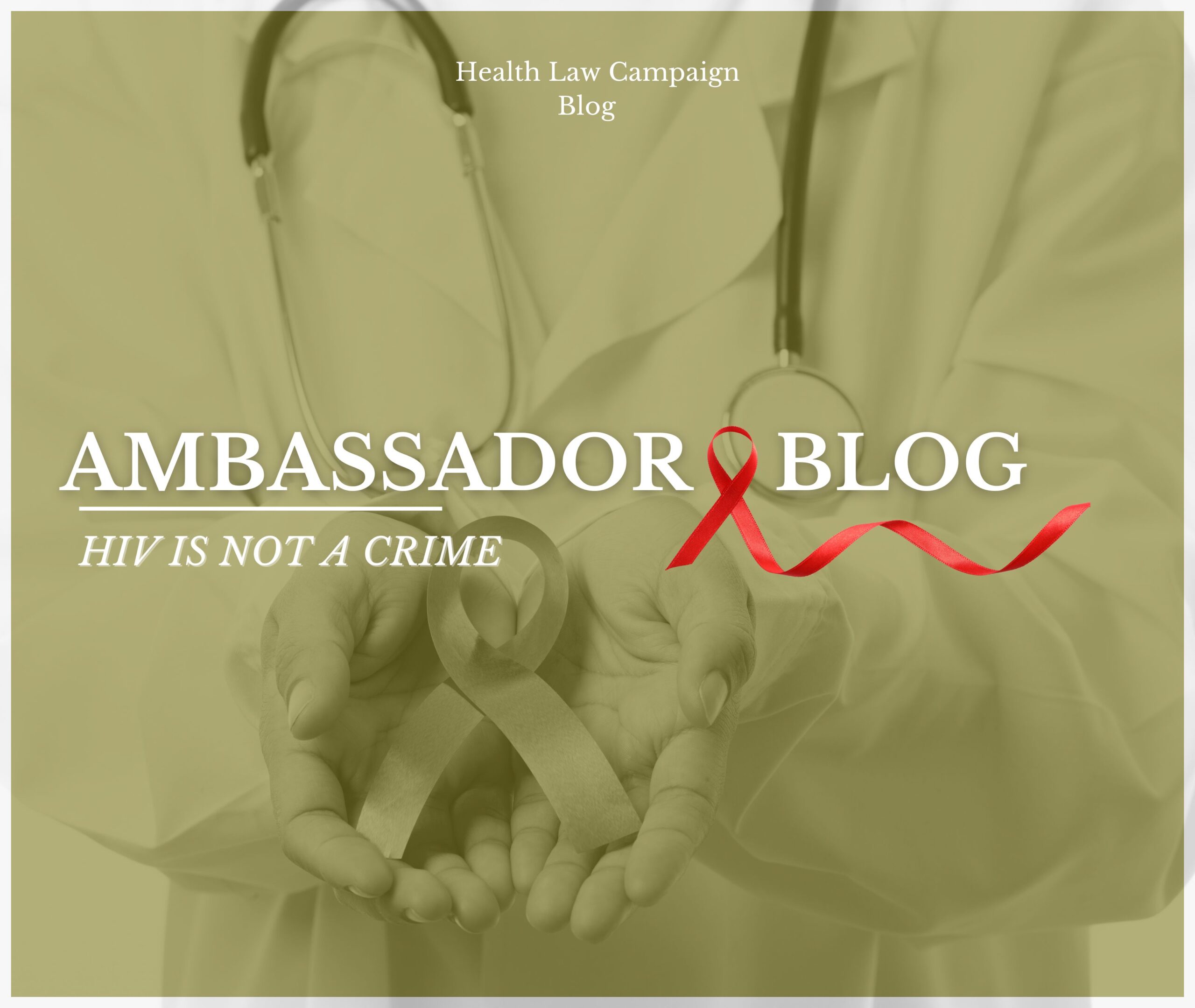10 Apr HIV Decriminalization: Vision for the Future and How You Can Help

By Linda Dixon
MCJ’s Director of Health Law
Reflecting on this blog series, my key takeaway from the posts of our incredible Ambassadors is the urgent need to educate and raise awareness about HIV criminalization laws in Mississippi. These laws fuel stigma, discourage testing, and ignore modern science. The Mississippi Center for Justice’s (MCJ’s) HIV Is Not A Crime Ambassador Program has amplified this conversation, engaging community leaders to challenge outdated policies and push for change.
The program has sparked fundamental shifts—more people understand the harm of HIV criminalization, conversations around stigma are happening, and advocacy is growing. Community members are asking informed questions, and more voices are speaking out. AIDS service organizations, policymakers, and clinicians are beginning discussions on reform, a crucial step toward change.
One of the most powerful moments has been witnessing the courage and passion of Ambassadors as they engage their communities. Their outreach has inspired new advocates to join the Mississippi HIV Decriminalization Network, turning awareness into action. Through forums, meetings with leaders, and grassroots organizing, they’ve brought HIV criminalization to the forefront of policy discussions.
The program has also built critical connections with lawmakers, health professionals, and the public. By sharing lived experiences and science-based facts, Ambassadors are replacing fear with understanding. These conversations have laid the foundation for meaningful reform and a more just approach to HIV policy.
Moving forward, the focus is on expanding engagement with lawmakers, individuals with HIV, and key stakeholders to push for policy change. Stigma remains a challenge, but we can break down barriers with continued advocacy, education, and coalition building. The growing awareness created by the Mississippi Center for Justice HIV Is Not A Crime Ambassador Program has set the stage for real progress.
To support this work:
• Join the Mississippi HIV Decriminalization Network to stay informed, connect with advocates, and participate in efforts to reform our state’s outdated laws.
• Contact your lawmakers and urge them to support HIV decriminalization. Public pressure is a powerful tool in driving legislative change.
• Educate your community by sharing accurate information about HIV criminalization. Talk to friends, family, and colleagues to help combat stigma and misinformation.
• Attend advocacy events or participate in awareness campaigns to help spread the message.
• Donate to organizations working on HIV criminalization reform to help sustain advocacy, education, and policy initiatives.
Every action helps push Mississippi toward laws based on science, not fear. If this work moves you, now is the time to act. Change happens when communities come together and refuse to accept unjust laws. Mississippi deserves policies that protect, not punish, people with HIV. Now is the time to RAISE. YOUR. VOICE. To join the movement and learn more about ongoing efforts, visit www.mshivreform.org.
To contact the MCJ’s Health Law Campaign, email health@mscenterforjustice.org.
The Elizabeth Taylor AIDS Foundation (ETAF) is a proud supporter of the Mississippi Center for Justice’s work against HIV criminalization and stigmatization and is a recipient of a grant from ETAF’s HIV Is Not A Crime program, which is a multi-state effort to end unjust HIV criminalization nationwide.


